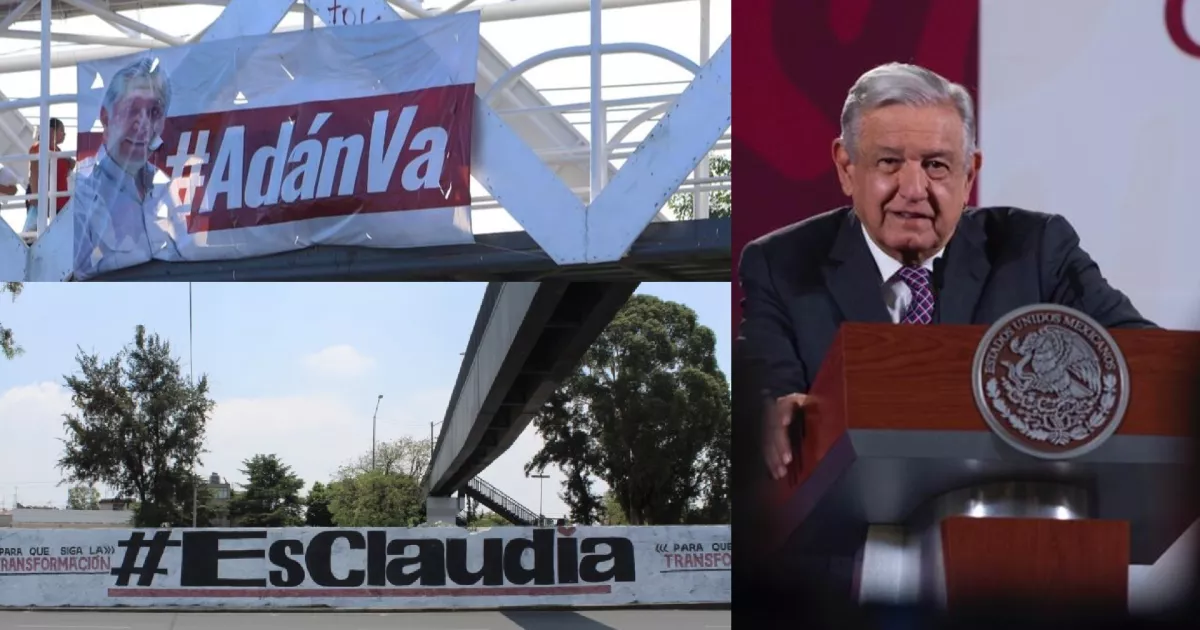With the reforms, the few limits that until now had been imposed by the Electoral Tribunal of the Federal Judiciary (TEPJF) on the president’s morning hours will be invalidated, as well as the criteria applied by that body and the National Electoral Institute (INE). to stop the activism of public servants with the use of public resources, for the sake of equity in political competition.
The modifications published in the DOF are part of “Plan B” for the presidential electoral reform and consist of changes to the Communications Law and the General Law of Administrative Responsibilities, two of the reforms that have already become final after being endorsed in their terms by the two chambers of Congress, so all that was missing was its enactment.
The reforms to four other laws that are also part of that “Plan B” and that order the reorganization of the National Electoral Institute (INE), the cut to its structure and personnel, are still frozen. It remains for the senators to confirm or not the changes made at the last minute by the deputies and send to the Executive what was approved by Congress, for its promulgation.
New propaganda rules
The reforms to the Social Communication Law were carried out, according to Morena and his allies, to comply with the ruling of the Supreme Court of Justice of the Nation (SCJN) which, by invalidating articles of the so-called “Chayote Law” summoned Congress to set clear and objective criteria for assigning the official advertising guideline.
However, this was not done and the concept of government propaganda was redefined.
It is now defined as the “set of writings, publications, images, recordings and projections disseminated at the expense of the public budget, specifically labeled for that purpose, or through the use of official times, by a Public Entity” and with the purpose of disseminate the work, actions or achievements” or information of public interest.
In addition, it was resolved that “the manifestations of public servants who make use of their freedom of expression and in the exercise of their public functions do not constitute government propaganda.”
“Information of public interest carried out by public servants, in accordance with the General Law of Transparency and Access to Public Information, disseminated in any format for free, does not constitute government propaganda either,” it points out.
Only with these three changes will the way of exercising the official advertising or propaganda budget be modified, since it will only be so if it is labeled with that item and not with the concept of “consulting”, “various support” or other concepts with which register.








